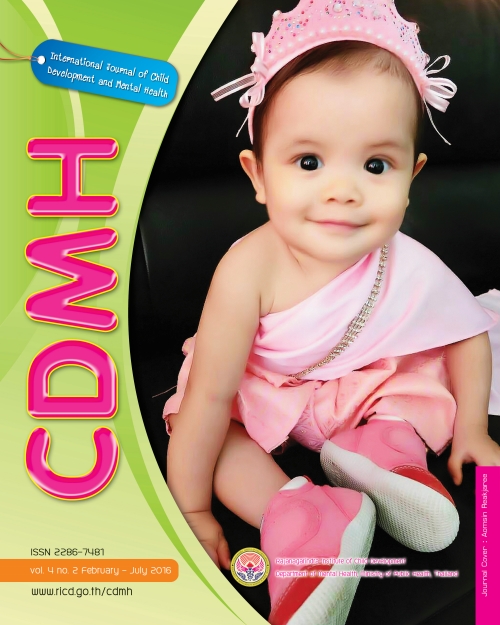Issues and challenges in sexuality and sex education in Intellectually Disabled
Main Article Content
Abstract
All human beings are sexual from birth to death, and the Intellectually Disabled (ID) are not
exempt from this. The issues of sexual needs and sexual behaviour of the ID have been a sensitive and controversial topic. Perhaps because of the taboos associated with Intellectual Disability and sexuality, individually or in combination, very little is known about the sexuality of people with ID, but research studies do indicate that it is much the same as the general population, although opportunities for sexual expression are limited. This article provides
an overview of sexuality issues in ID, with regard to sexual rights, sexual development and maturation, menstruation and menstrual hygiene, masturbation, petting, sexual activity, marriage, pregnancy, parenting, sexual abuse, fertility and birth control, menopause, and the progress and issues in sexuality education for ID. Prior research shows that individuals with ID show secondary sexual characteristics and development similar to that of intellectually averaged peers; those in the lower range of functioning develop those characteristics at a slower pace. ID children often neglect menstruation and are non-co operative in menstrual grooming due to poor understanding, irritability, fatigue and increased seizure. Research reports vaginal hysterectomy as management of this. They show a lower rate of offspring production than the non retarded. It is estimated that ID children are sexually victimized at 4-10 times the rate of the general population, 39-83% of girls and 16-32% of boys experience sexual abuse before they reach the age of 18. Parents and professionals are pessimistic in the sexual needs of people with IDD and consider them as asexual. There is an urgent need for development of methods to teach them about sexuality and sexual abuse prevention, since research on sex education revealed poor generalization of skills to real life situations. In situ training revealed better generalization, but has the issue of causing emotional distress and dissonance among ID.
Article Details
The authors retain copyright and permit the journal the copyright of first publication
Articles, once having passed the review process and accepted for publication in the CDMH Journal, are copyrighted under the CDMH Journal, Department of Mental Health, Ministry of Public Health. Please be aware distribution of CDMH Journal content for commercial purposes without permission is expressly prohibited. However, distribution with intent to educate, advocate, or spread awareness within the general public and research communities is permitted and encouraged with the understanding that the CDMH Journal Editorial Board do not hold jurisdiction or liability for any accompanying comments, text, or information from third parties, either in favor for or against the original article’s assertions, conclusions, methodology, or content.


